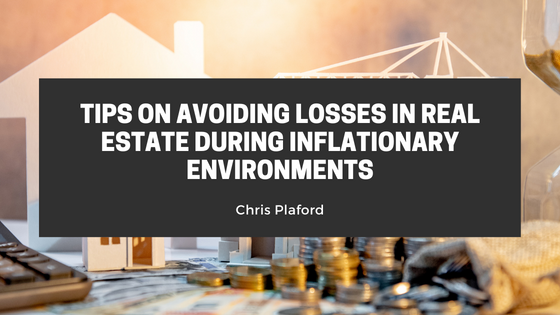Despite the various factors affecting the real estate market at any given moment, it’s still considered one of the more reliable investments historically. It’s also historically a good hedge against inflation, though not every market cycle is always the same.
During inflationary periods, the prices of various goods and services will increase at a rate beyond the targeted 2% annual threshold. This can affect the value of real estate as well. There are several ways that investors can hedge against rising prices and mortgage interest rates.
Take Advantage Of Borrowing Opportunities
Despite recently rising mortgage rates, the interest rates on 30-year fixed-rate mortgages are still near historic lows when viewed over a long timeframe. This means that investors can still take advantage of historically pretty cheap money.
Look At Inflation From Single-Family Homes
One of the most beneficial factors that investors can consider when it comes to investing in single-family rental properties is the ability to pass on rising costs to their tenants. According to a report released by Arbor, the vacancy-to-occupied rent growth rate has increased by 12.7% over the past year.
Since May 2020, the annual rent growth for single-family homes has been at 8.1%. This is significantly higher than the historical average annual rent growth rate of 3.3%.
Understand Rising Asset Values
One of the main reasons why real estate is considered a good hedge against inflation is due to how asset prices have historically appreciated over time. According to the Federal Reserve’s data, the average sales price of homes in the US has increased by over 300% since 1990. This far outstrips the mean annual inflation rate over the same period.
